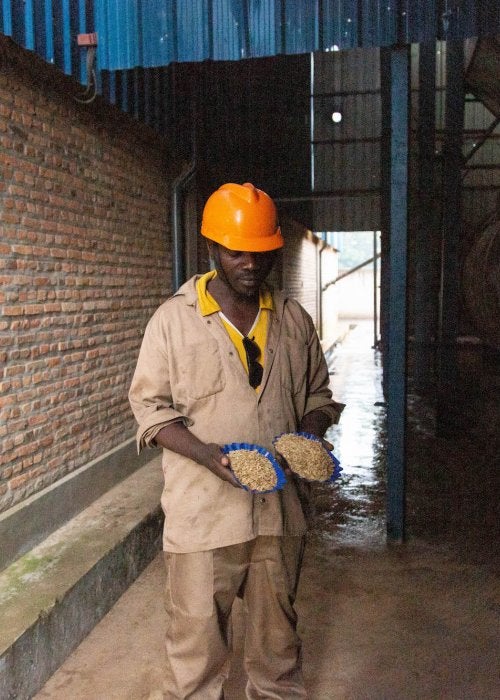
A Better World for People, Climate and Nature
Climate, Economics and Finance
By bringing together the dimensions of economics, climate, finance and governance, WRI Africa supports advancing climate actions through integrated solutions that help countries drive systems change, data transparency and accountability, planning, and policy decisions and implementation. We do this using cutting-edge tools and models that contribute to the continent’s low carbon and climate-resilient development pathways and maximize human and environmental well-being. Climate action is local, and in Africa, we play the bridge between global and local, bringing in tools and expertise to build partnerships and collaboration to build lasting resilience.
National climate action that integrates mitigation, adaptation and equity is at the center of our work in this pillar.
Our primary entry points will be economic policymaking and development planning, investment planning, climate finance, environmental valuation and natural resource accounting, design, implementation and enforcement of policies, including through enhanced transparency and climate policy impact evaluation. We will contribute to improving policymaking and implementation and decision-making processes, capacities and incentives mechanisms that enhance the gathering and use of evidence to support better decisionmaking and learning at all levels. We will carefully combine strategic partnerships with national and sub-national government agencies, knowledge institutions, development partners and civil society organizations. We will work with African think tanks and universities to develop innovative ideas that can widen the continent’s potential and that fit local contexts and complexities. Using our global presence and convening power, we will support efforts that enhance pan-African thought leadership worldwide.
Our goal is to advance comprehensive and inclusive climate action across adaptation, mitigation and loss and damage within focus countries, delivering benefits for people, nature and climate.

Our approach is to:
- Enhance the institutional capacity of governments and universities to understand, integrate and act based on climate-informed knowledge, economic and sector models, central and sectoral ministerial processes, and budgets.
- Raise climate action ambition to advance the understanding and research of climate finance flows for Africa, commitments for locally-led adaptation, operationalization of loss and damage finance and practice, integrating climate into economic/sectoral models, and strategies for advancing and implementing long-term climate strategies.
- Improve data and transparency to contribute to the establishment of digital data hubs and monitoring and tracking systems.
- System-wide integrated solutions to complement WRI Africa pillars — Cities, Energy and Vital Landscapes — in integrating mitigation and adaptation considerations.
Cover image by Katie Garner
Initiatives

Resilience and Adaptation Mainstreaming Program (RAMP)
Visit ProjectRAMP partners with leading universities to improve the capacity of governments in vulnerable countries to manage climate change risks and access adaptation finance.
Part of Climate
National Climate Action
Visit ProjectWRI works with countries to pursue ambitious climate action while building economies that are cleaner, more equitable and offer better quality jobs.
Part of Climate